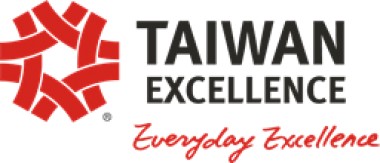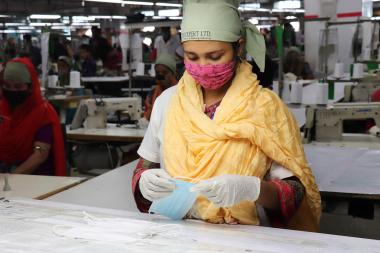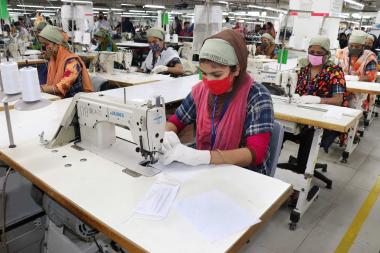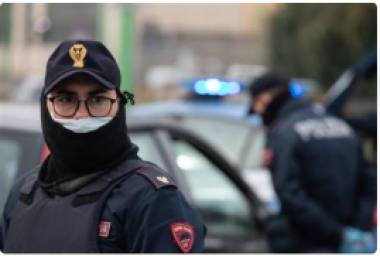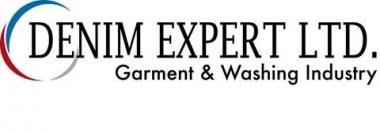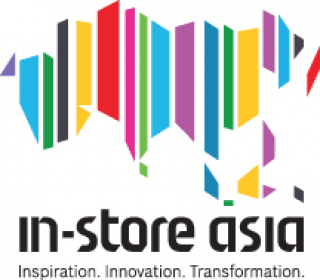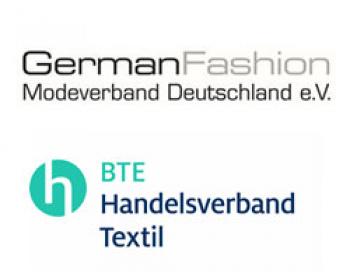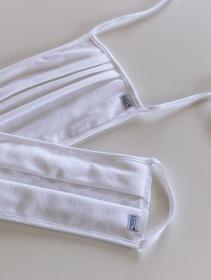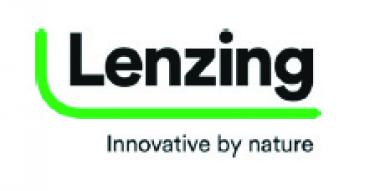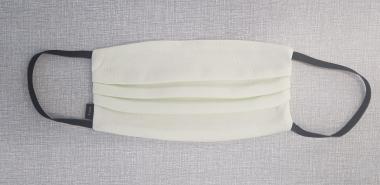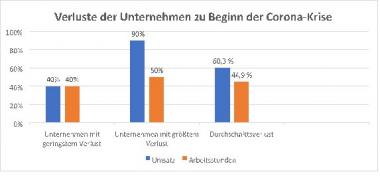Taiwans Werkzeugmaschinen-Industrie trotzt der Corona-Epidemie
Taiwans Werkzeugmaschinen-Industrie bleibt nach eigenen Angaben erfolgreich. Laut der vorläufigen Zollhandelsstatistik belief sich der Export des Landes 2019 auf 3,064 Milliarden US-Dollar, wovon etwa 2,538 Milliarden US-Dollar auf spanende Werkzeugmaschinen und 52,6 Millionen US-Dollar auf metallverformende Werkzeugmaschinen entfielen. Auch die Corona-Epidemie soll daran nichts ändern. Vielmehr werde sie die Automatisierung und intelligente Fertigungsprozesse noch beschleunigen, so Taiwan Excellence. In diesem Bereich sei man besonders gut aufgestellt.
Die Werkzeugmaschinen-Industrie Taiwans ist hauptsächlich im Umkreis von 60 Kilometern um die Stadt Taichung angesiedelt. Von der Komponenten-Produktion bis zur Montage ganzer Maschinen hat sich in Zentral-Taiwan die gesamte Wertschöpfungskette angesiedelt. Damit ist die Region ein Zentrum für Werkzeugmaschinen und die Komponentenindustrie. Die Komponenten werden inzwischen weltweit eingesetzt. Dazu gehören unter anderem Kugelumlaufspindeln und Linearschienen.
Ein zentrales Teil vieler Antriebe, etwa in Robotern, ist das Harmonic-Drive, auch Spannungswellengetriebe genannt. Hiwin Technology gehört zu den wenigen Unternehmen weltweit, das solche Getriebe mit stabiler Wiederholbarkeit und Positionierung über 7.000 Stunden in großen Stückzahlen produzieren kann. Darüber hinaus stellt das Unternehmen weitere Schlüsselkomponenten für Roboter wie Servomotoren und Kreuzrollenlager zu 100% selbst her.
Storymaker GmbH


